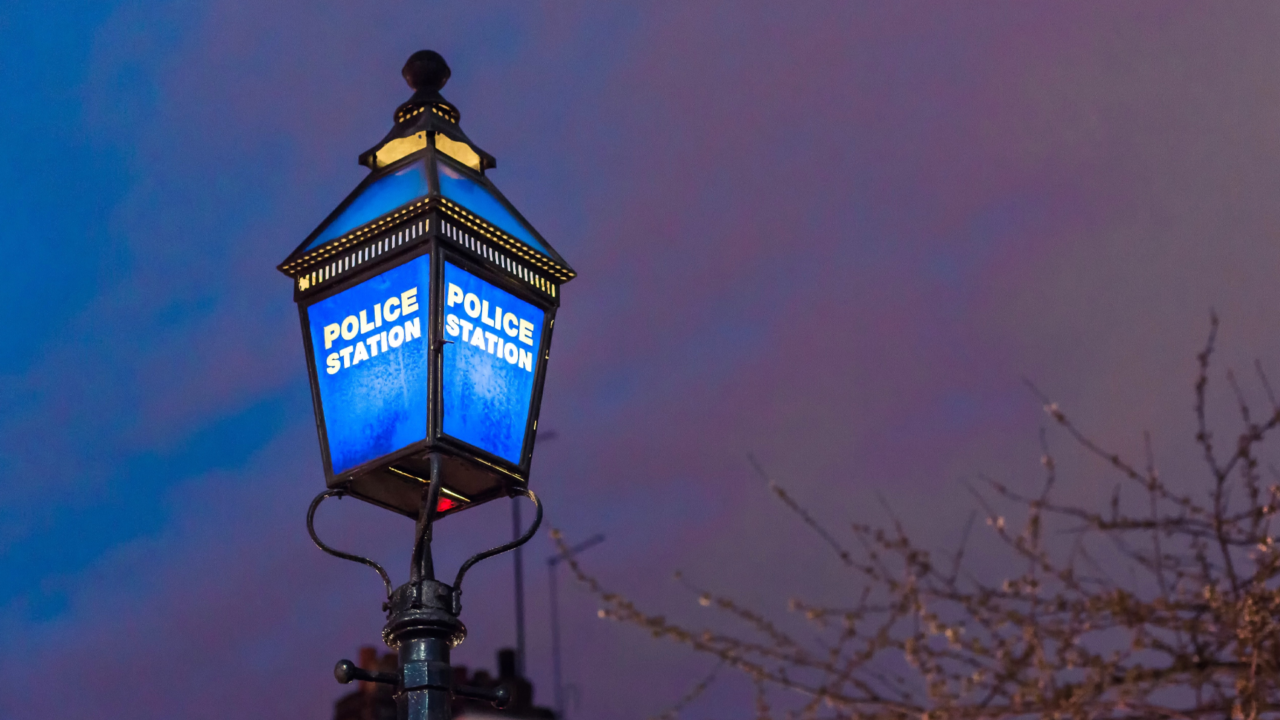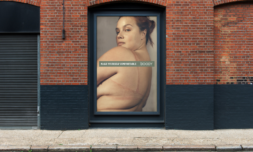As work begins on the controversial project, Austria’s Ministry of the Interior is facing criticism from both locals and the global online community.
When Austria announced its decision to turn Adolf Hitler’s birthplace into a police station, their Ministry of the Interior was met with bemusement and criticism.
At the centre of the conversation was a debate about the symbolic implications of such a move. Those spearheading the project said they hoped it would prevent the house from becoming a Neo-Nazi pilgrimage site. But as developments rattle on, the controversy has shown no signs of waning.
The picturesque town of Braunau am Inn, nestled along the Austrian border, has long grappled with the burden of being the birthplace of one of history’s most notorious figures. Hitler’s childhood home – and the question of what to do with it – has been a source of contention for decades.
The decision to turn the house into a police station has ignited a fierce debate, with many locals advocating for an alternative path. The call to transform the space into an anti-fascist cultural institution has gained momentum, with residents arguing that it would serve as a powerful counter-narrative to the horrors of Hitler’s regime.
Netizens, meanwhile, argue that converting Hitler’s birthplace into a police station sends a problematic message, with some deeming it ‘too on the nose’, a misguided attempt at burying history under a new, and topically polarising, layer of symbolism.
It could be suggested that transforming the space into a police station is an effective way for Austria to reclaim the narrative, asserting the triumph of justice over tyranny. But for many, the move perpetuates a cycle of violence and oppression, using the trappings of state power to ostensibly ‘erase’ a painful history.
The international perspective of the police has arguably reached boiling point in the last few years. Following the murder of George Floyd in the US, and the growing list of MET police officers found guilty of sexual assault and/or general misconduct in the UK, police officers are – for a vast number of people – public enemy number one.
The exploitation of power to abuse and torment holds, in the eyes of many, a striking resemblance to fascist policy.
Turning a symbol of hate into an institution associated with authority and control appears as an unsettling irony.




















